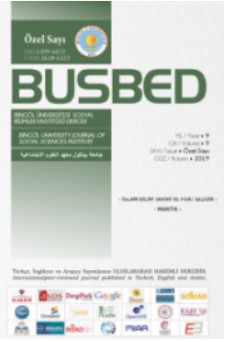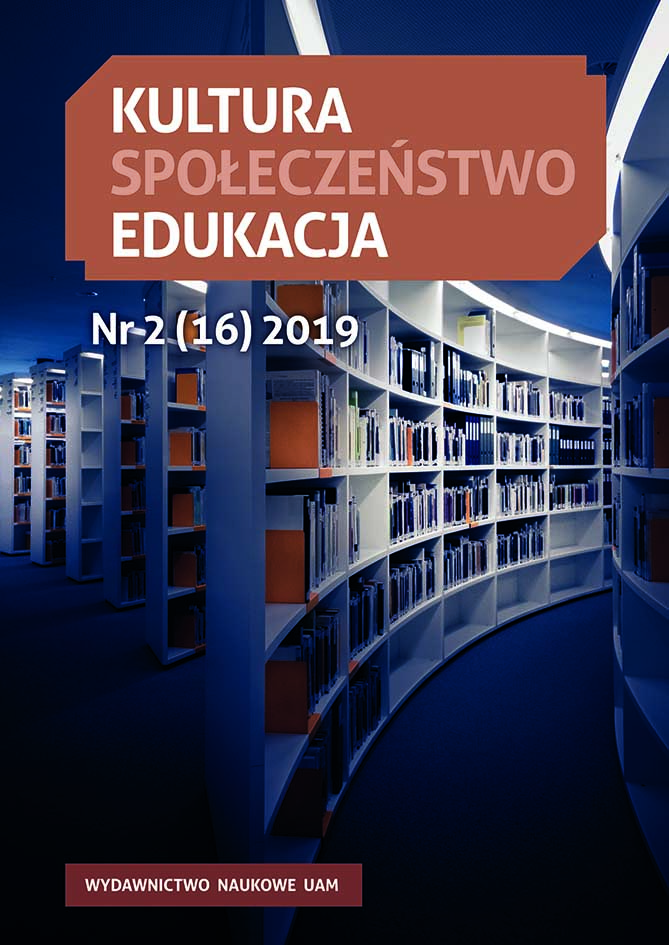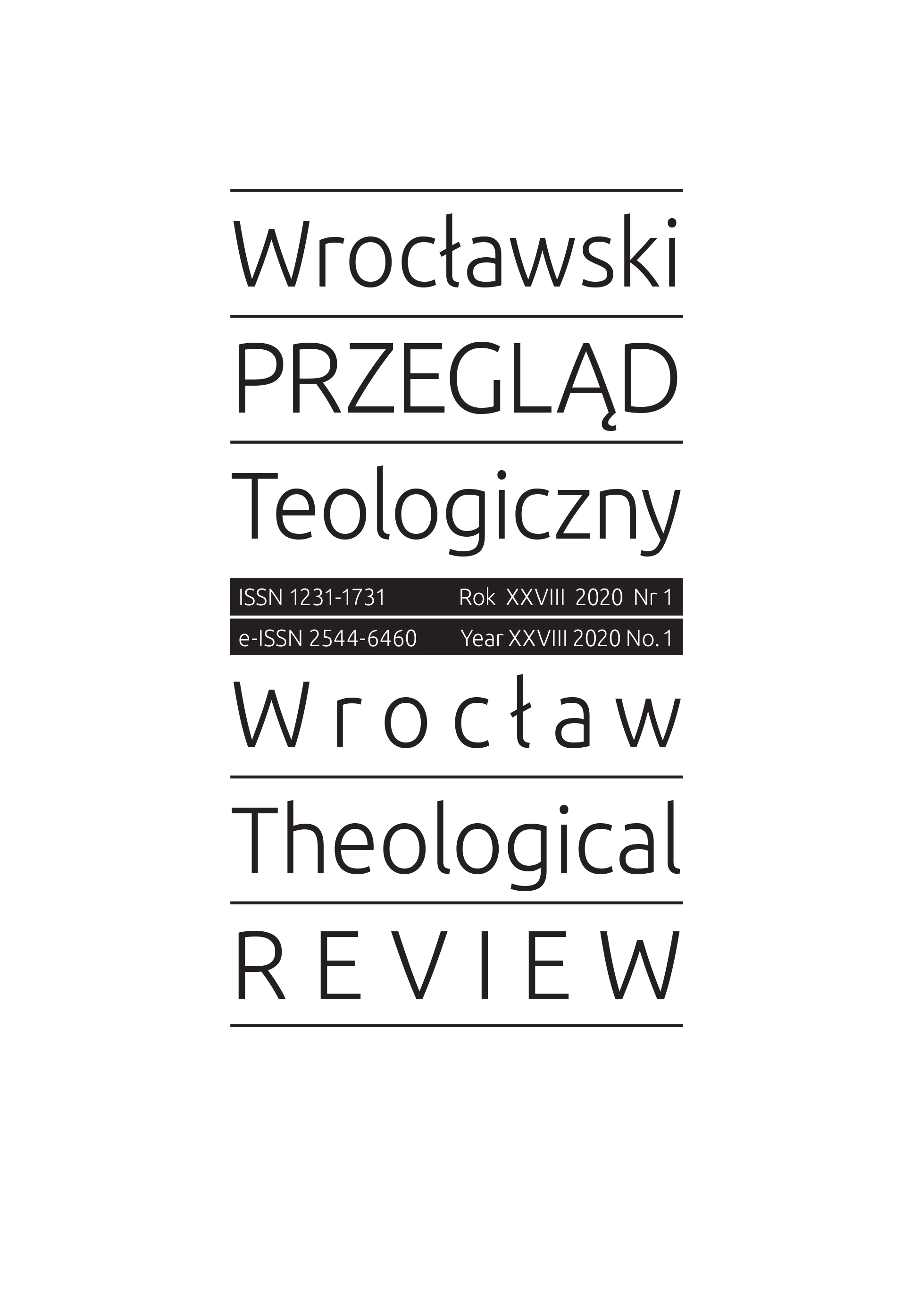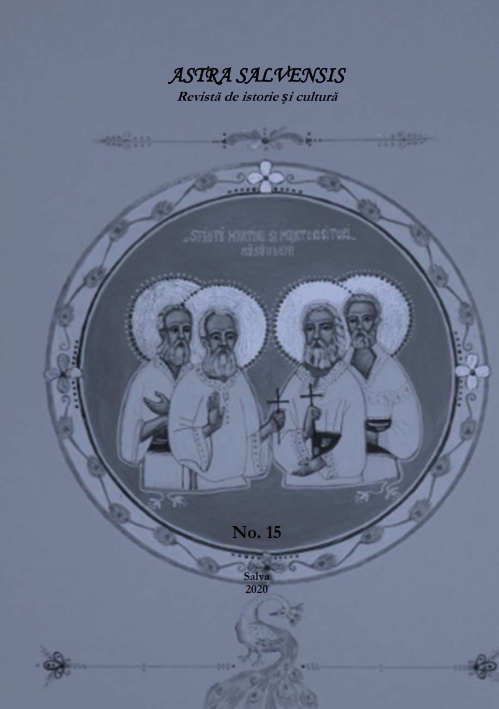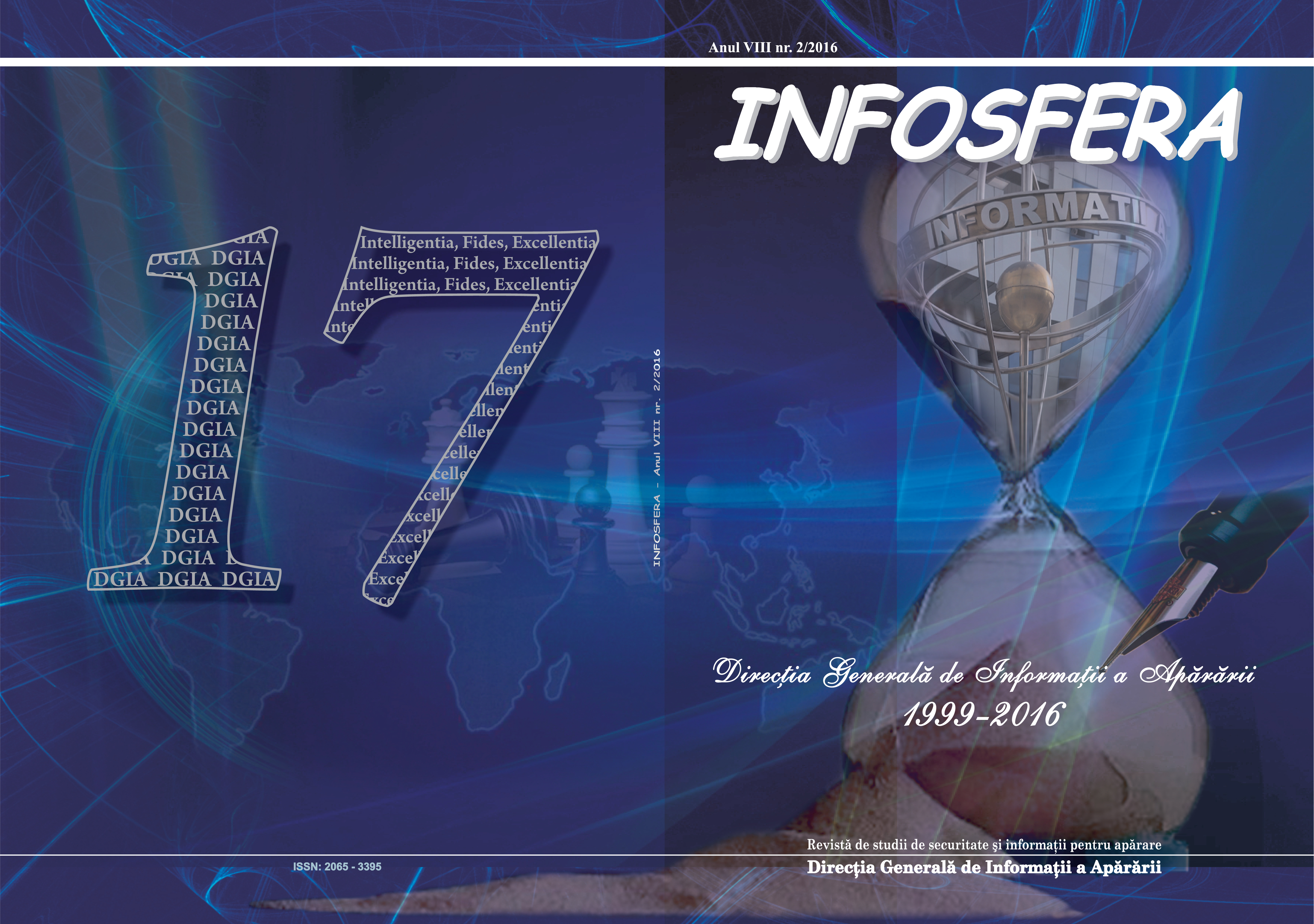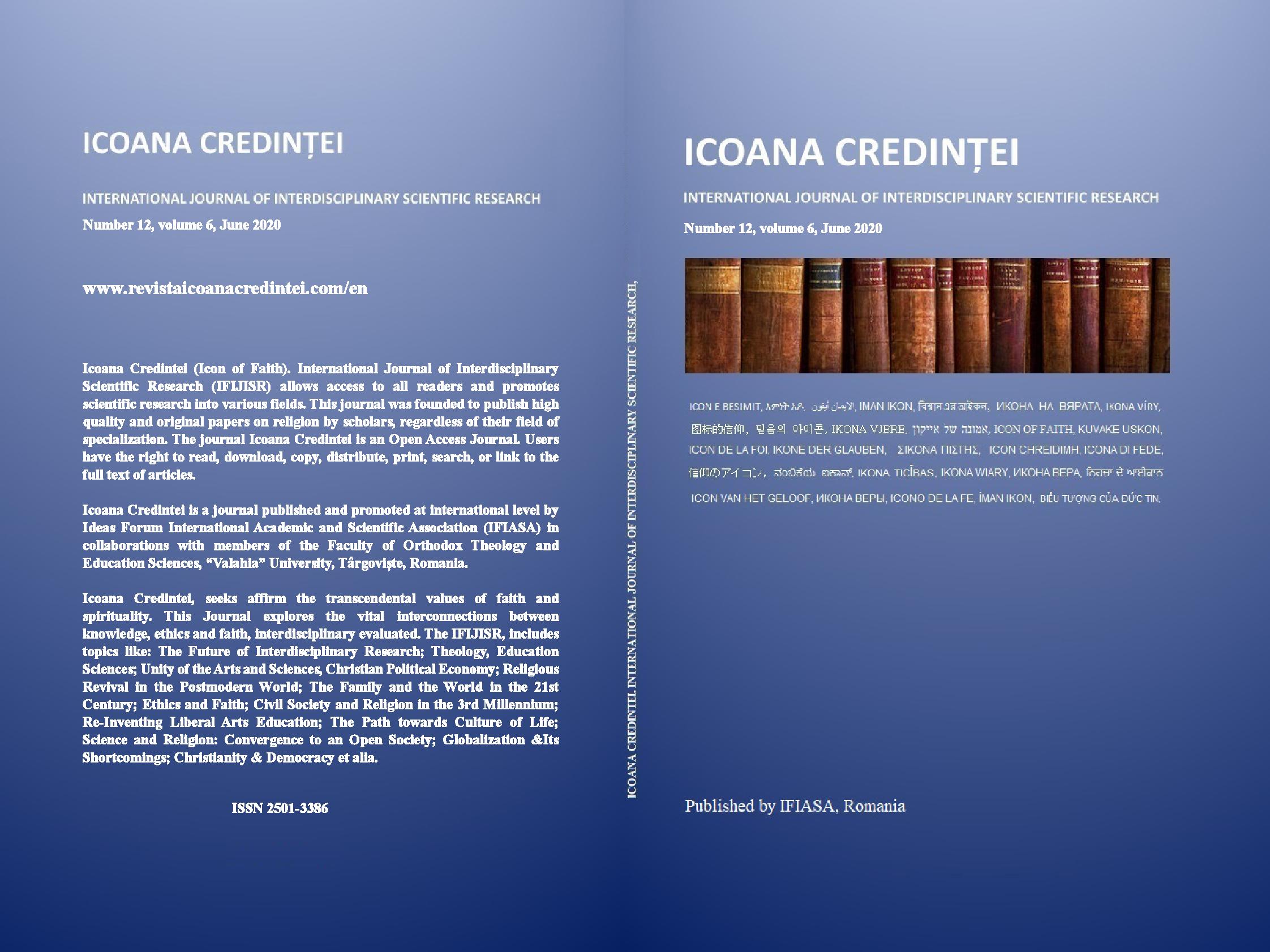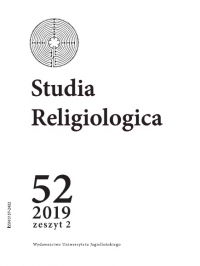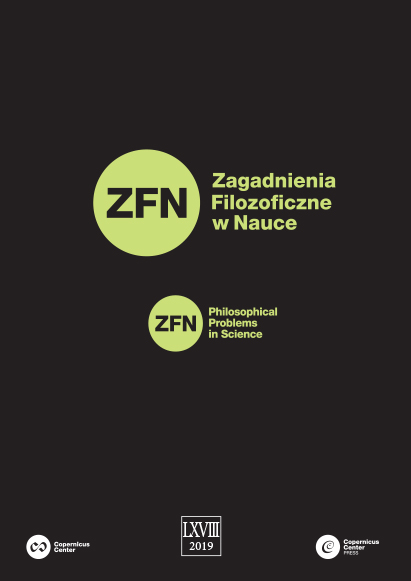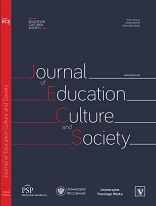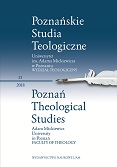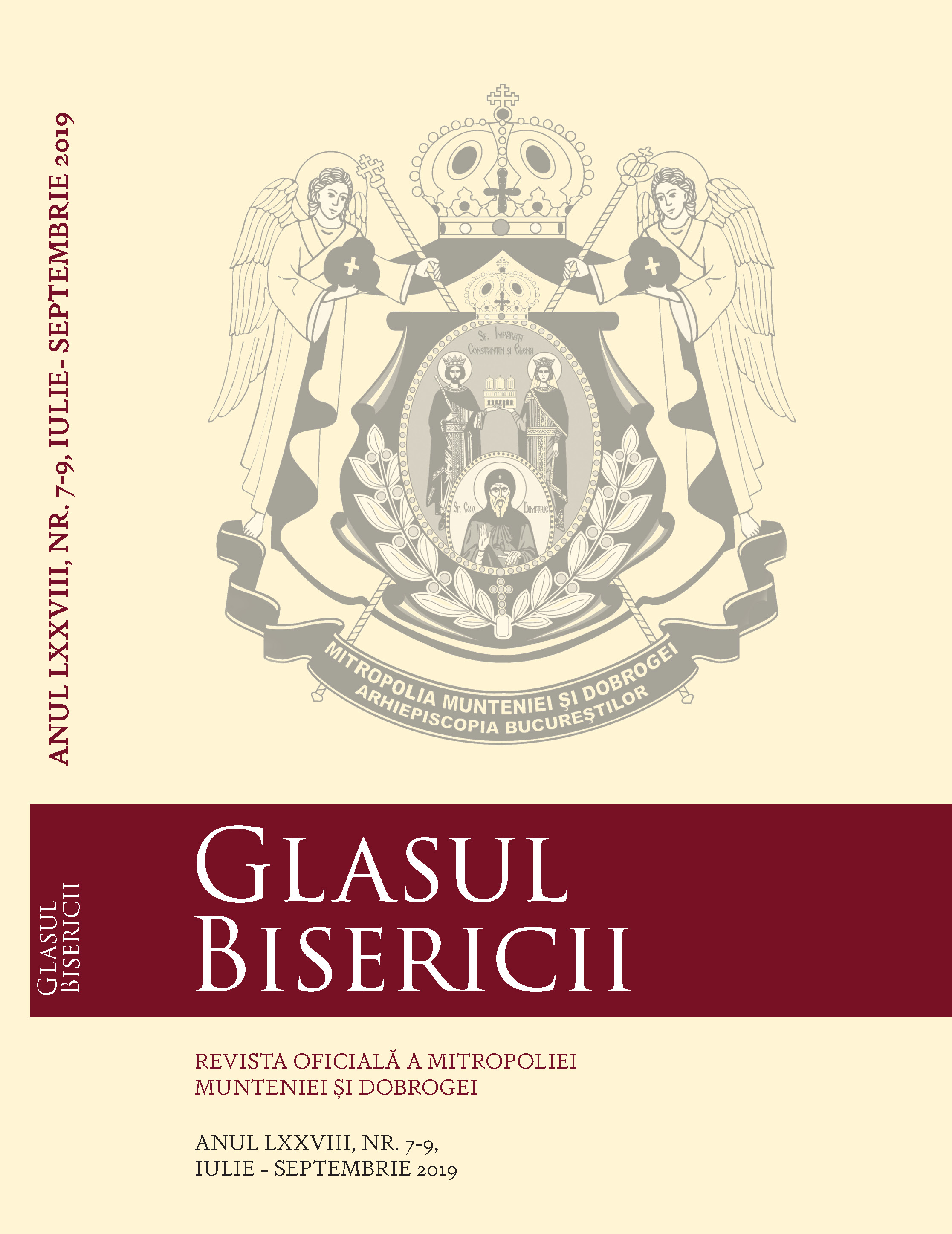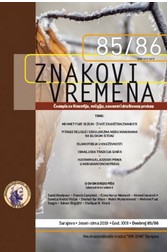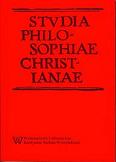
Uwagi o teistycznej interpretacji zasady antropicznej
This article attempts to answer the question of the relevance of the anthropic principle for theological arguments for the existence of God. The anthropic principle focuses on the subtle “fine-tuning” of the laws of nature and cosmological parameters, without which man could not have appeared in the universe. It seems therefore that the universe exists for a certain purpose, which is the “production” of rational observers. Because of its teleological character the anthropic principle is susceptible to theological interpretation, which assumes that God brings into existence a universe made for man. In this approach the Creator appears as the designer of the universe, albeit his design is confined exclusively to the laws of nature. This is why such an interpretation is essentially different from the so-called theory of intelligent design. This paper defends the thesis that the anthropic principle is an interesting argument – but not a scientific proof – for the rationality of religious faith in God as the creator of the universe.
More...
